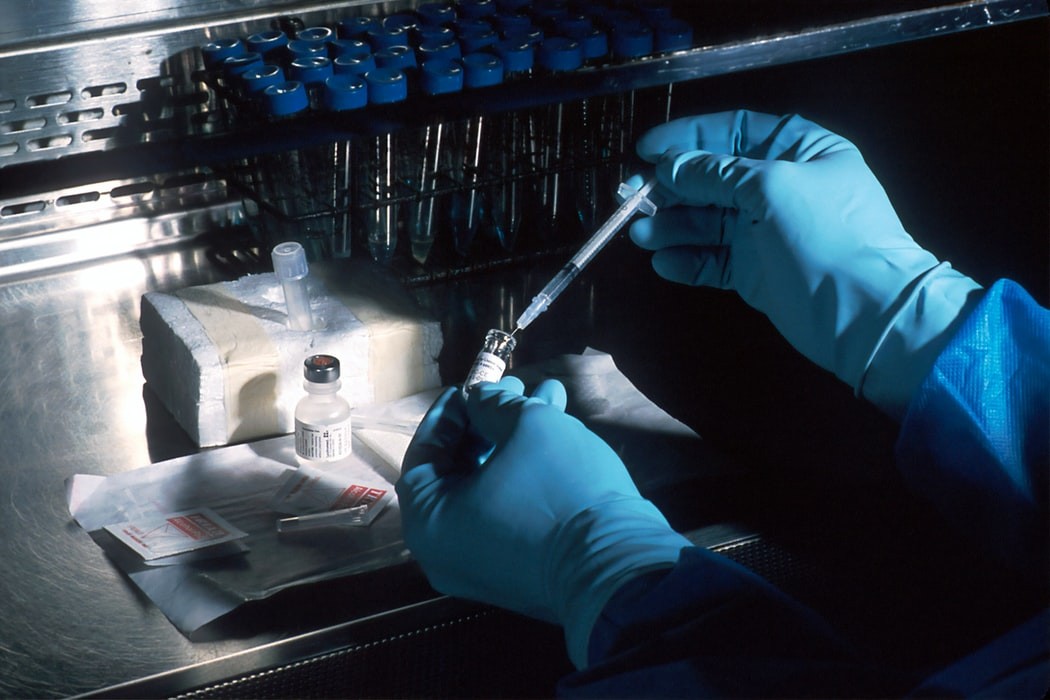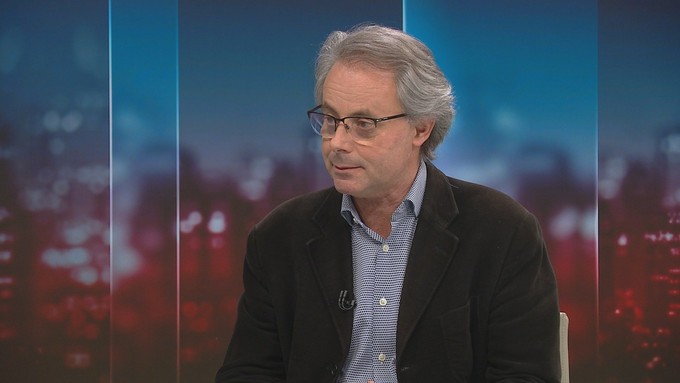As tempting as it may be to look at today's reality as the end of the world, let us look at the present moment as an opportunity.
Let us take a deep breath and look out the window or the yard, the terrace or garden of our homes and let the focus be on trust and gratitude for everything we have, always in the certainty that the day will come, in its own way, that we enable us to resume the normality of our lives.
Health professionals are treating patients according to severity and with the best evidence available at the moment. They face a huge challenge, which is also endless for those who deal closely with infectious diseases. Like Filipe Froes, Pulmonologist and Coordinator of the Medical-Surgical Intensive Care Unit of Pulido Valente Hospital, of the CHULN (Northern Lisbon University Hospital Centre), and also Coordinator of the Respiratory Infectiology Labour Committee of the SPP (Portuguese Society of Pulmonology). He is one of the doctors who has contributed the most to the clarification of questions about the Covid-19 pandemic, as Coordinator of the crisis office of the Medical Association and consultant to the DGS (Directorate-General for Health) for matters related to the new coronavirus. In times of war, and with the prediction of “immense sweat, a lot of blood and a few tears”, the watchwords are “knowledge and coordination” combined with “safety and tranquillity”. Filipe Froes invites us to inner appeasement and acceptance of uncertainty with a pragmatic, objective and fact-aware view.

You argue that we must address the Covid-19 outbreak with an attitude somewhere in the middle of alarmism and indifference. At a time when there is still a lot to talk about and to know about the new coronavirus, what is the best message that we can pass on to people?
Filipe Froes: There is only one message: exceptional moments justify exceptional measures and demand exceptional behaviour. This is the time to show our citizenship and responsibility.
What is already known for sure about this 7th strain of coronavirus?
Filipe Froes: We are dealing with a new strain of virus, SARS-CoV-2, which means that we are all susceptible. It is believed that in most situations the transmission is done by droplets with an incubation period between 2 and 14 days and an average period of 4 to 6 days between exposure and the development of symptoms. There is no reliable data on the period of greatest contagion, but in almost all situations it corresponds to the symptomatic period. The clinical picture varies from mild forms of respiratory complaints in the upper airways to more severe forms with pneumonia, ARDS, septic shock and progression to multiple organ dysfunction syndrome
Is it possible to identify the reason for the rapid spread of this virus?
Filipe Froes: The main factors that justify the accelerated rate of spread are the susceptibility of all of us associated with very mild forms of disease and few symptoms that tend to go unnoticed.
Are there people who have a greater capacity for contagion?
Filipe Froes: Although not yet formally confirmed for SARS-CoV-2, these "super disseminators" have been identified in other outbreaks of coronavirus, and it is very likely that it also happens in this pandemic.
We know that the new coronavirus affects the respiratory system. How are our cells affected by the virus? Is it possible that the harmful effects of the virus spread to other organs?
Filipe Froes: The virus enters cells through ACE2 receptors and causes cell death through viral replication mechanisms that allow viral spread to other cells, tissues and organs. Viral replication and cell destruction trigger an extensive and intense systemic inflammatory response which, in turn, can aggravate organ damage.
When dealing with the unpredictable evolution of the new coronavirus, what kind of questions and ideas are more constructive and urgent, and which ones are destructive and less productive?
Filipe Froes: The most constructive and urgent issues are the improvement of the diagnostic capacity and the development of specific drugs for treatment and chemoprophylaxis and, finally, the much desired vaccines. The most destructive are endless talk, constant interruption, inability to deal with uncertainty, and lack of coordination.
What is the next step in the fight against Covid-19 and where do we stand in the evaluation of a drug and/or vaccine to fight the virus?
Filipe Froes: There are many trials underway to evaluate new drugs. As there are so many trials, it has been difficult to recruit patients, but preliminary data point to more favourable results associated with the use of lopinavir/ritonavir, remdesivir and tocilizumab. Regarding vaccine development, the news is very varied, with the announcement of vaccines for the next months or longer and in 12 to 18 months.

In your opinion, the Chinese authorities have acted effectively in controlling the transmission of cases. What do you think of the measures - quarantine and others - implemented in China and Europe?
Filipe Froes: Only in the aftermath of the pandemic will we be able to assess the performance of each country and the effectiveness of the different measures taken. This balance is essential for us to learn and improve our response in future events.
As a professional, how has Covid-19 influenced your work? (Has the new coronavirus kept you awake?) What was your first concern or question when you became aware of this new outbreak?
Filipe Froes: Currently, I work exclusively for this problem on a global scale and the 24 hours of the day are manifestly insufficient. It means waking up in the morning to hundreds of messages and emails to answer, it means waking up with the feeling of starting late. I have been following the news since the beginning of the outbreak and I recognize that, in the first days, I thought it would be another localized outbreak that would be controlled. Then, with the increase in the number of cases, I realized that more than 3,500 passengers on transcontinental flights left Wuhan every day and the pandemic was a real possibility.

Recently, you defended that not declaring the pandemic could be more damaging than declaring it in terms of individual health, public health and the impact on the world. In what sense?
Filipe Froes: The declaration of a pandemic had two major advantages: it is a very strong warning for all of us to intervene more and to act in a more concerted manner and it allows adopting measures of greater containment on a global scale.
In an interview to Público newspaper in 2011, you said: “In my profession, I see many men (and women) who cry. I often think the same: there are many other men (and women) who do not know how lucky they are”. Don’t you know how lucky you are to be healthy?
Filipe Froes: They do not know how lucky they are to be healthy and take for granted health, independence and autonomy in the activities of daily living.
Sofia Tavares
Editorial Team


